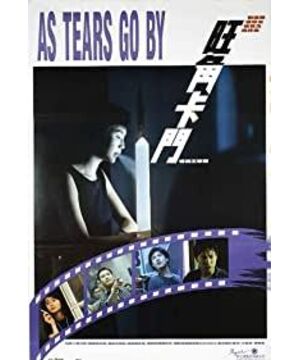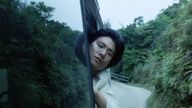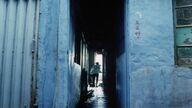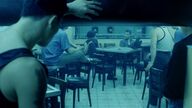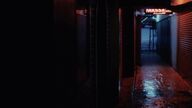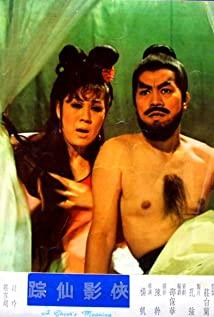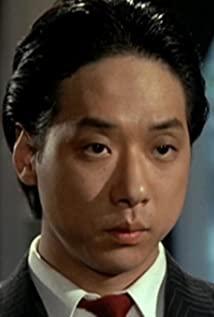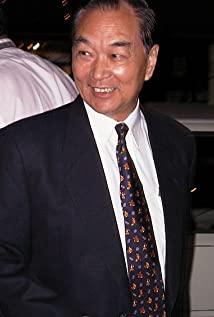In terms of style, this debut novel has the characteristics of Wong Kar-wai. In the film, Wang Jiawei's label-style handheld photography was used, which was most obvious in the scene in which Andy Lau chased Jacky Cheung. This scene was used in the subsequent "Chongqing Forest" and was deeply remembered by everyone. In "Chongqing Forest", from the very beginning, the camera followed Brigitte Lin swaying up and down through the streets and alleys, using a lot of handheld shooting to create a sense of visual turbulence, and to enhance the actors' potential unease and panic from another level. In his subsequent films, you can basically find scenes that give you a headache if you watch too much.
The light and shadow tones of the entire film are also the cool tones of large color blocks used by Wong Kar-wai. The actors' close-up shots are basically gray-blue on the face, and the background is rendered in dark red. When the two had a conversation in the bathroom after robbing the mahjong shop owner, the screen design at this time was a triangular opposition (Andy Lau and Jacky Cheung stood left and right, and Andy Lau's face was reflected in the mirror). What's interesting is that in terms of visual distribution, careful attention Looking at it, you can see that depth of field is actually used here, and it is always only when the face of the interlocutor is a real mirror. Later, when Jacky Cheung was paralyzed on the ground, the characters and the background created a layered sense of light and shadow, highlighting the loneliness and desolation that the film needs to create at this time.
The most reluctant part of the movie should be the script. We all know that Wong Kar-wai does not use scripts for filming, but as a script writer, "Carmen Mong Kok" has a story but the story is too weak. Originally it was quite satisfactory, but as soon as Wan Ziliang knelt down and begged for mercy, he suddenly came out of the drama, and then looked through several movies that Wong Kar-wai was a screenwriter before he became the director, and it was equally unsatisfactory. Fortunately, Zhang Shuping, Liu Weiqiang, and a group of star actors were recruited in this film. Zhang Shuping also made a cameo in it, that is, Maggie Cheung's western doctor Liu Weiqiang. All in all, this debut is not amazing, but it is also a surprise.
PS. There are many details in the movie. If you look closely, you can find many special techniques of Wong Kar-wai. In addition, when I think of "Ant Flies", which is also the debut work, Nolan's idea is still amazing.
View more about As Tears Go By reviews


